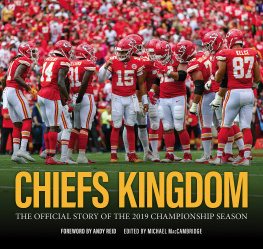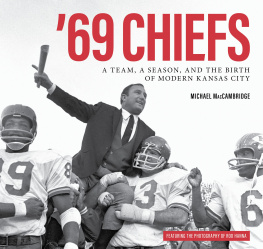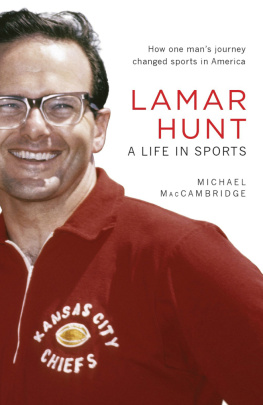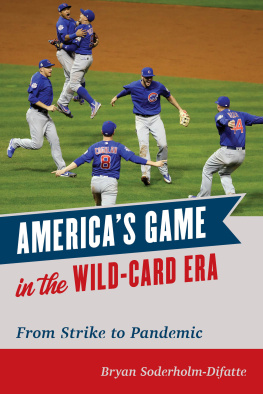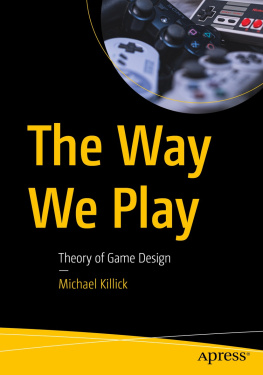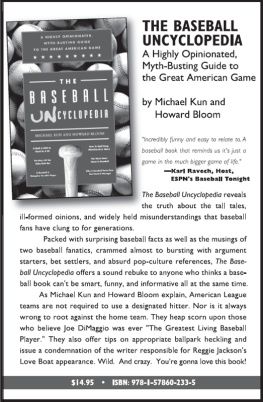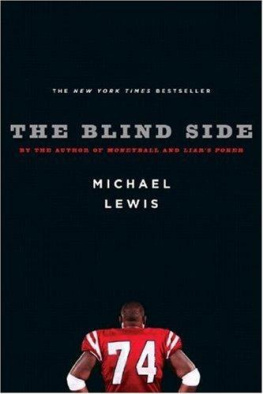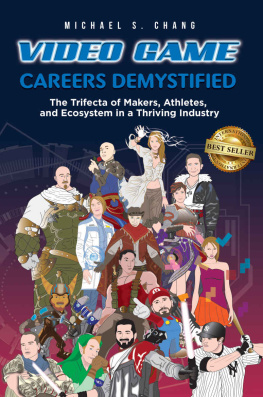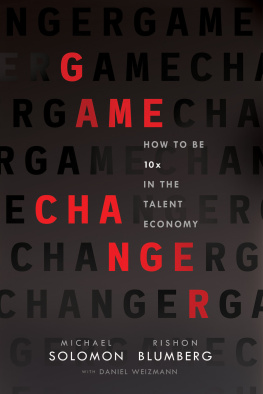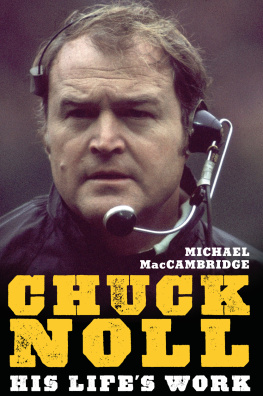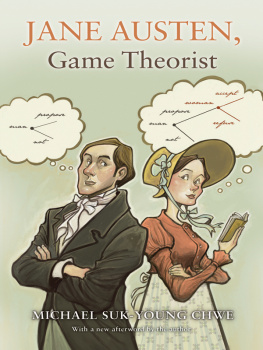Michael MacCambridge - Americas Game
Here you can read online Michael MacCambridge - Americas Game full text of the book (entire story) in english for free. Download pdf and epub, get meaning, cover and reviews about this ebook. year: 2008, publisher: Knopf Doubleday Publishing Group, genre: Detective and thriller. Description of the work, (preface) as well as reviews are available. Best literature library LitArk.com created for fans of good reading and offers a wide selection of genres:
Romance novel
Science fiction
Adventure
Detective
Science
History
Home and family
Prose
Art
Politics
Computer
Non-fiction
Religion
Business
Children
Humor
Choose a favorite category and find really read worthwhile books. Enjoy immersion in the world of imagination, feel the emotions of the characters or learn something new for yourself, make an fascinating discovery.

- Book:Americas Game
- Author:
- Publisher:Knopf Doubleday Publishing Group
- Genre:
- Year:2008
- Rating:3 / 5
- Favourites:Add to favourites
- Your mark:
- 60
- 1
- 2
- 3
- 4
- 5
Americas Game: summary, description and annotation
We offer to read an annotation, description, summary or preface (depends on what the author of the book "Americas Game" wrote himself). If you haven't found the necessary information about the book — write in the comments, we will try to find it.
Americas Game — read online for free the complete book (whole text) full work
Below is the text of the book, divided by pages. System saving the place of the last page read, allows you to conveniently read the book "Americas Game" online for free, without having to search again every time where you left off. Put a bookmark, and you can go to the page where you finished reading at any time.
Font size:
Interval:
Bookmark:
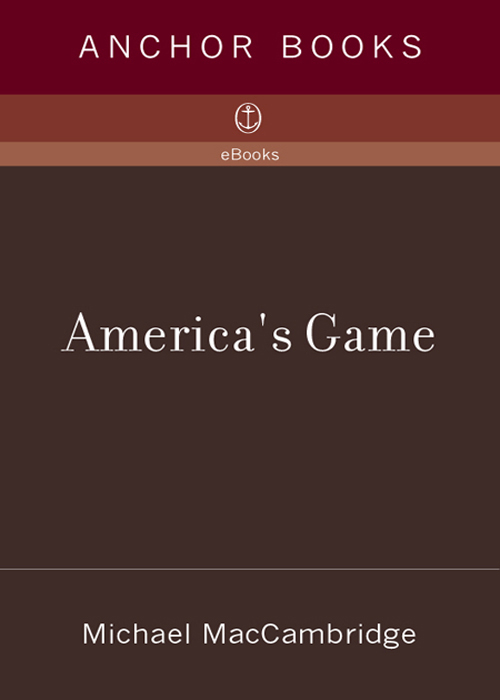
First-class reporting and writing. Author Michael MacCambridge earns As across the board in this outstanding book. This book, like its author, has style and substance.
The Dallas Morning News
Welcome to the National Football League, a cultural artifact that causes thinkers to commit sociology. Michael MacCambridge plumbs these depths in his fine new book. It is a rip-roaring epic of Amer ican business.
George Will, Newsweek
Superb one of the best. A big winner in terms of content, good writing and analysis.
The Washington Times
[A] fascinating [and] provocative history.
The Austin Chronicle
MacCambridge presents a compelling account of how foresight and fortune (good and bad) conspired to make the NFL the nation's most successful sports enterprise.
The Boston Globe
A well-written, thoroughly enjoyable history.
The Baltimore Sun
MacCambridge's portraits of the key characters in football are riveting and the details overwhelming. The perfect pick for the die-hard NFL enthusiast.
The Sporting News
Well-written and ridiculously well-sourced, America's Game demonstrates an understanding of both the game and the nation in which it is played. It's a history text and a fine one at that.
Palm Beach Post
An interesting and entertaining and knowledgeable [read]. [The] game descriptions are riveting.
Houston Chronicle
With a fan's passion and an insider's knowledge, America's Game is as factual as it is dramatic.
San Antonio Express-News

MICHAEL MacCAMBRIDGE
Michael MacCambridge is the author of The Franchise: A History of Sports Illustrated Magazine, and the editor of the best selling ESPN SportsCentury. He worked for eight years as a columnist and critic at the Austin American-Statesman, writing about movies, music, and popular culture. The father of two children, Miles and Ella, he lives in St. Louis.
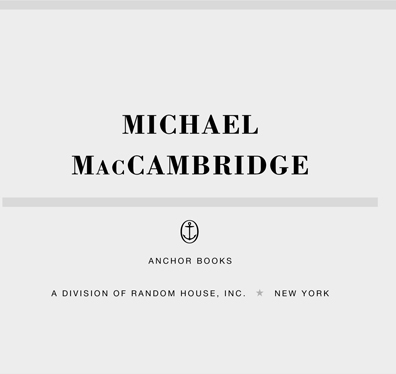
For the home team,
Danica, Miles, and Ella
PROLOGUE:
1:
2:
3:
4:
5:
6:
7:
8:
9:
10:
11:
12:
13:
14:
15:
16:
17:
18:
19:
20:
21:
22:
23:
24:
25:
EPILOGUE:
A s the sun went down over Yankee Stadium, a series of thunderclap roars filled the sky, and the crowd surged forward, raucous and intent. The arc lights shone down on the field, highlighting the condensation floating above the surface, shimmering off the dark blue helmets of the New York Giants, and bathing the white uniforms of the Baltimore Colts in an ethereal glow.
While the two teams slugged it out through the fourth quarter, raising dust with every tackle across the hard dirt infield, the fans grew louder, colder, and more desperate. The Longines clock on the big scoreboard above the end zone showed just 1:56 remaining in the 1958 National Football League championship game, with the Giants leading, 1714. At that instant, New York's star running back, Frank Gifford, was on one sideline, in an uncharacteristic rage, yelling that he'd made a first down on the previous play. Across the field, big Colts defensive end Gino Marchetti sat up on a stretcher, still in uniform, legs bundled under blankets on the sideline, looking like some vet shot down on the battlefield. The makeshift tourniquet around Marchetti's just broken ankle was the only concession he'd made to his injury. As the Colts medical staff tried to transport him to the locker room, he barked that he was going to stay right there until the game was over.
Sam Huff and the Giants defense took the field for a last stand in the chilled darkness, greeted with another magnificent roar by the Giants fans. At the same moment, from across the field, the Colts Johnny Unitashis face set in its customary portrait of gaunt, stoic purposefulnesstrotted slowly toward the Baltimore huddle. Unitas exuded an infectious confidence but it didn't come from any commanding physicality. His body was ungainly, his legs mere thin stalks, and his football pants seemed too tight, riding high on his wide, bony hips. But beneath the brush cut flattop and high, pale brow, he possessed the cool, surveying eyes that could take the measure of teammates and opponents alike. Bending slightly forward at the waist, his hands placed softly on his hip pads, he peered in at his teammates.
We got 86 yards and two minutes, he said with a voice of flat authority. Let's get to work.
Yankee Stadium, and 45 million sports fans watching NBC's national telecast, looked on with rapt fascination. The game pitting the Giants, the league's marquee franchise, against the young Colts squad led by their quietly charismatic quarterback, had taken on the aspect of grand struggle.
Rather than opening with a short gainer, Unitas began the drive with a long pass, which fell just beyond the outstretched arms of Lenny Moore. Two plays later, he converted the crucial third down by hitting Moore over the middle of the field for 11 yards. With fresh life, he found his rhythm, calling a series of deceptive plays, each going counter to what the Giants defense expected. When New York's defense cheated to the outside, Unitas looked instead over the middle for his end Raymond Berrythe precise craftsman of fakes and feints who would set a record for receiving yards in a championship game. And as the clock dipped into its final minute, he connected three times with Berry in the center of the field, gaining 62 yards. The last completion moved the ball to the Giants 13-yard line, with 20 seconds left, no timeouts remaining, and the clock still running. The Colts field goal unit scrambled onto the field and set up without a huddle, snapping the ball at the: 07 mark. The inconsistent Steve Myhra, who'd missed a similar chip shot earlier in the game, kicked it between the goalposts to tie the game at 17.
With that, the 1958 NFL championship game guaranteed its place in the realm of sports legend. It already boasted a classic match-up, pairing the glamorous Giants with the exciting, upstart Colts. It had the requisite controversy that would spark countless barroom arguments: did Gifford make enough for the first down or didn't he? And when the last seconds of the fourth quarter elapsed, a crucial third element was added to the mix, as the game entered a dimension of uncharted territory in spectator sports. The National Football League had been in existence since 1920 and playing championship games since 1932. And while a rule had been in place since 1947 stipulating sudden death overtime in the event a playoff game ended in a tie, such an event hadn't occurred before.
What happens now? said a weary Pat Summerall to captain Kyle Rote on the Giants bench. Now, said Rote, I think we play some more.
Up in the booth, where Giants broadcaster Chris Schenkel and Colts play-by-play man Chuck Thompson were sharing the call for NBC, Schenkel pointed out that pro football was about to experience its first venture into sudden death, with the two teams continuing play until the tie was broken.
Font size:
Interval:
Bookmark:
Similar books «Americas Game»
Look at similar books to Americas Game. We have selected literature similar in name and meaning in the hope of providing readers with more options to find new, interesting, not yet read works.
Discussion, reviews of the book Americas Game and just readers' own opinions. Leave your comments, write what you think about the work, its meaning or the main characters. Specify what exactly you liked and what you didn't like, and why you think so.

